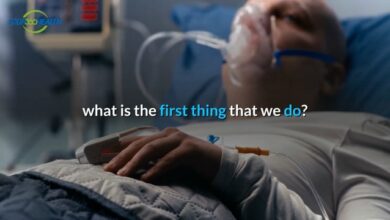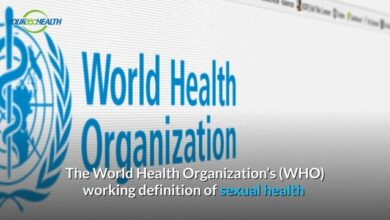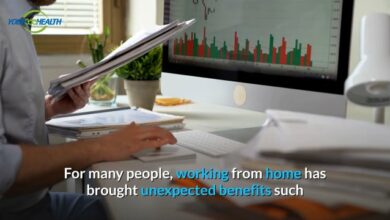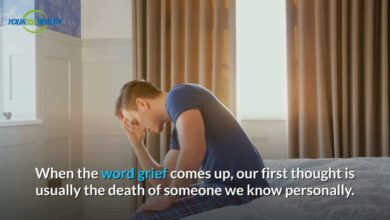Statistics claim that more than 300 hundred children (under 19) in the United States are treated in an emergency department daily. Two children among these die as a result of being poisoned. These alarming numbers make us realize the importance of making our homes poison-free, especially for the kids’ safety.
It is not only the chemicals in your home that are dangerous to children; instead, all items in your home, including household cleaners, medicines, etc., can be poisonous for your kids. Some of the most common ways children get poisoned are medication dosage mistakes and unsupervised ingestions.
Most of the poisoning cases in kids occur when parents are home but may not be supervising the children too closely. Kids are curious. They often investigate anything within their reach. Sometimes they end up eating or drinking something poisonous and can cause them severe harm. Apart from taking extra precautions while your kids are at home, parents must be extra cautious when on holidays, visiting grandparents, or on other special outings or attendance at celebratory gatherings. These events pose a significant risk of children getting their hands on products that may prove detrimental.
Poison Prevention Tips
Thankfully, there are several techniques to make your house poison-proof/free, and taking these steps is the best way to protect your little ones. Let’s discuss some of the ways of poison prevention you can adopt to keep your kids safe.
- Keep Poisonous/Toxic Substance Out of the Reach of Kids
Medicines are in almost all homes. They might be necessary for adults but are poisonous to children. The best way to ensure kids’ safety is by keeping medicines and other toxic substances out of their reach. Keep them in their original packaging and lock them in cabinets so that children cannot open them.
- Don’t Keep Useless Toxic Stuff at Home
A simple rule is: Don’t keep it if you don’t need it!
Keeping expired and useless poisonous stuff at home is always risky. If you have any harmful products at home, safely dispose of them. The best way to dispose of medicines is by mixing them with ground coffee or kitty litter and throwing them away. Research other methods of disposal too.
- Know the Poison Control Emergency Number
Even after taking preventive measures, if your kid has swallowed poisonous chemicals, call the poison control center instantly. Note down the nationwide Poison Control Center phone number (1-800-222-1222) on every telephone. You can also call 911 if your child has swallowed a poisonous substance, collapsed, or worse. Call even if you have a strong suspicion your child may have ingested anything dangerous. It is better to be safe than sorry.
- Read the Labels Carefully
While giving medicines to your kids, please read the labels carefully and follow the directions to ensure the correct dosage of any medications – this will prevent any harmful consequences to the kids.
Immediate Treatment for Poisoning
Different types of poisoning require other immediate treatments. Let’s discuss some of them.
- Swallowed Poison
If your child has swallowed poison, immediately take that substance away and make sure your child spits out any remaining ingredient. Either make your child vomit or use syrup of ipecac to induce vomiting.
- Skin Poison
In case of skin poisoning, immediately remove your kids’ clothes and rinse their skin with lukewarm water for 10-15 minutes.
- Swallowed Battery
If your kid has swallowed a button cell or a battery gets lodged in their nose, ear, or throat, get immediate treatment from the emergency department in a hospital.
- Eye Poison
In case of poison in the eye, flush your child’s eye – hold eyelid open, and continuously pour room temperature water into the inner corner of the eye for 15 minutes.
- Poisonous Fumes
The first step is to take the child out into clean, fresh air at once. Start CPR (cardiopulmonary resuscitation) if breathing stops, and keep going until they can breathe again or medical help arrives. Call 911 or get someone on the spot to call for you immediately.Sign up for our magazine to explore more information about keeping your family healthy and safe.




